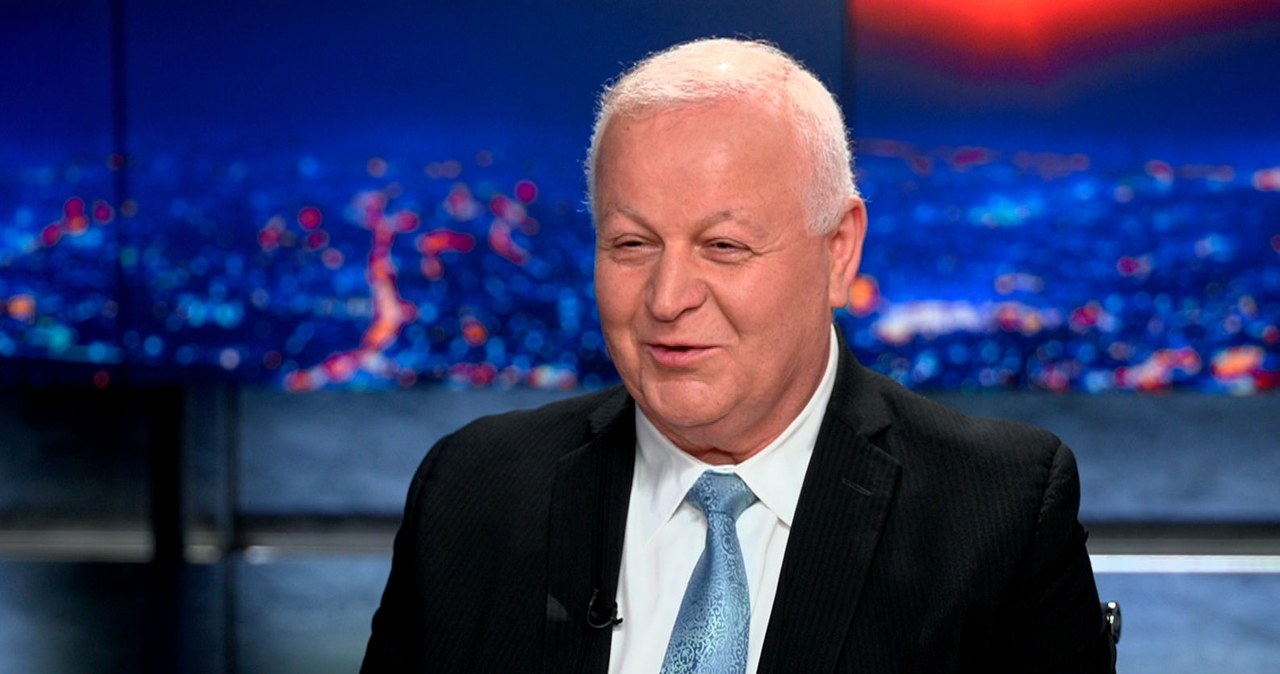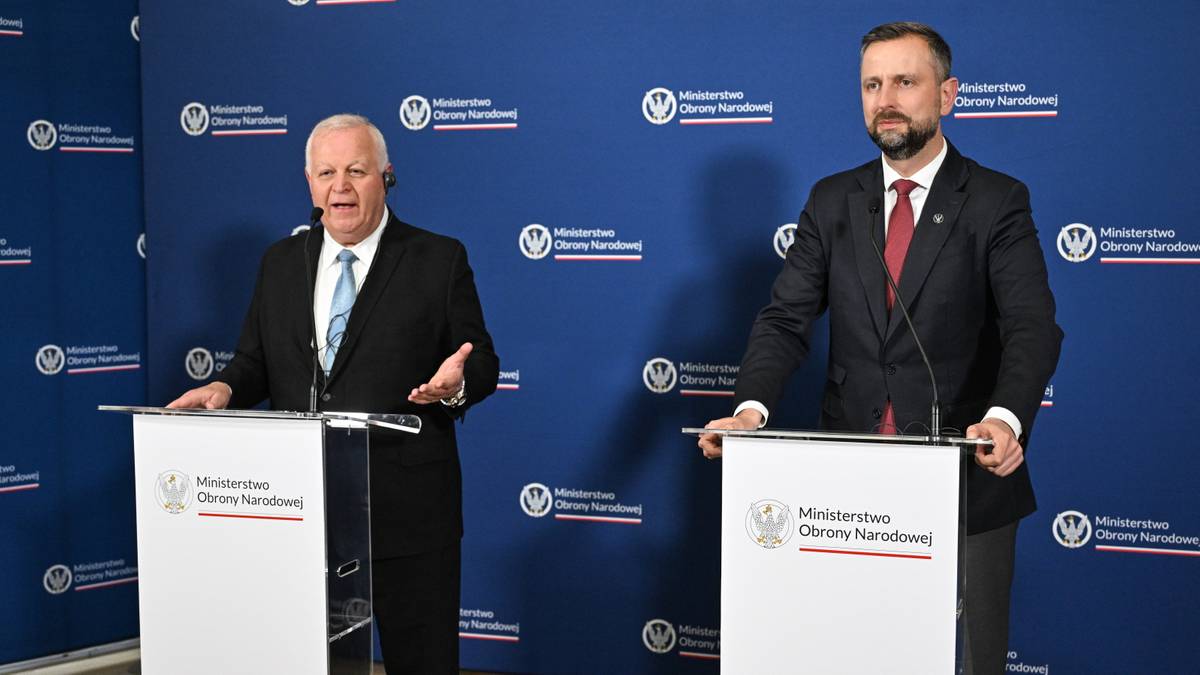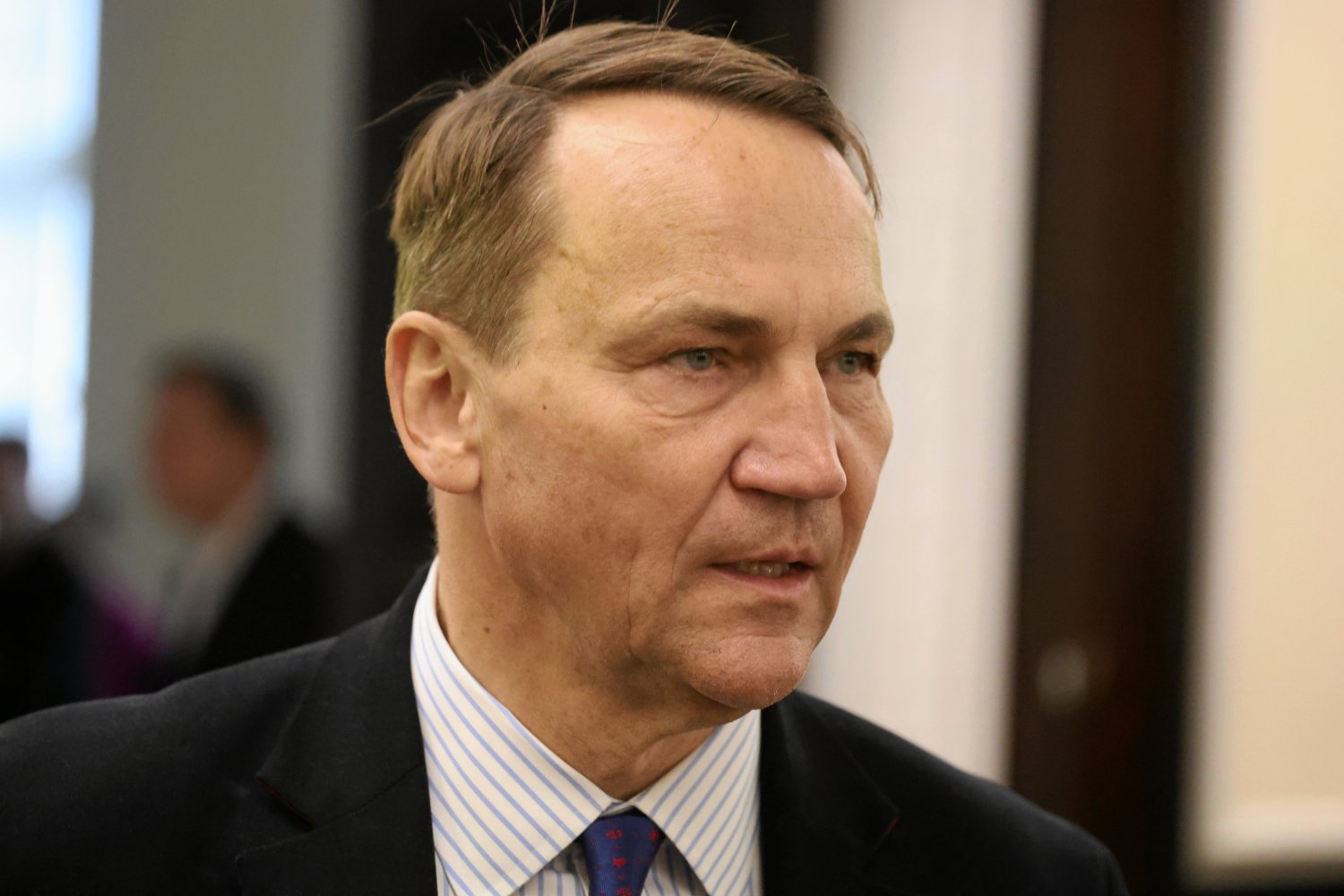Palestinian journalist Noor Swirki says she is "broken" and contemplating fleeing Gaza after her colleague and friend was killed in Monday's Israeli airstrike on Nasser Hospital. The 37-year-old reporter spoke from Deir al-Balah just one day after the double strike that killed 20 people, including five journalists working for international media outlets.
Mariam Abu Dagga, 33, who worked for Associated Press, was among the journalists killed in what Prime Minister Benjamin Netanyahu called a "tragic mishap". An initial military inquiry said troops had struck what they believed to be a Hamas camera position, but that none of the journalists had been targets.
Personal trauma and family separation
Swirki described the devastating personal impact of losing Abu Dagga, who had sent her only son to the United Arab Emirates for safety. "She is a friend, she is a colleague. She is a mother. I was broken when she was killed yesterday because we [are in] the same situation," Swirki said.
Both women had evacuated their children - Swirki sent her son and daughter to Cairo. The Guardian reports that Abu Dagga left a will and letter to her 13-year-old son Ghaith, telling him to "make me proud".
"The issue that her son won't see her again, won't listen to her voice, won't communicate [with] her again and he will be raised without her. This made me terrified that I will have the same destiny," Swirki said.
Fears of systematic targeting
The journalists killed worked for Associated Press, Reuters, Al Jazeera and Middle East Eye. The Guardian reports that live AlGhad TV footage captured the exact moment of the second strike, which occurred 15 minutes after the first and targeted rescuers and journalists who had arrived to help.
Swirki fears "all the journalists here will be killed" if Israel continues its military operation unhindered. "Too many of our colleagues have lost their lives. We feel we are not protected and nothing will [hold] Israel accountable," she said.
Safety trainer Sami Abu Salem, who works with Palestinian news agency Wafa, accused the Israeli military of systematically targeting certain media members. "Two weeks ago, Israel killed six journalists at al-Shifa Hospital. Israel claimed one of them was a Hamas member. Why didn't they attack him while he was alone? They waited when he was within a group of six guys and they killed the six guys."
Impossible working conditions
Salem described how Israel's war in Gaza had "destroyed" all standards of safety for journalists. "I used to tell them, when you are in a warzone, please use your helmet and flak jacket. But it is fruitless now, because most of them are killed while they have a helmet and flak jacket," he said.
Swirki said the conditions were making it impossible for journalists to continue working. "They are making our lives as civilians, on the first level, and as journalists, on the second level, too hard. We are suffering on two levels, on personal and professional levels."
Unprecedented casualties and international response
The Committee to Protect Journalists has documented at least 197 journalists and media workers killed in Gaza during the 22-month conflict - more than any conflict it has ever recorded. The Guardian notes this exceeds casualties from both world wars, Vietnam, Yugoslavia and Afghanistan combined.
Regional director Sarah Qudah said: "Under international law, journalists are civilians and must be protected. More journalists and media workers have been killed since October 7, 2023, than CPJ has ever documented -- the majority of killings were at the hands of the Israeli military."
The Israel Defence Forces said the military did not "intentionally target civilians" but troops were fighting in "impossible conditions". "Hamas terrorists deliberately use civilian infrastructure, including hospitals, as shields. They have even operated from the Nasser Hospital itself," Israel added.
Sources used: "The i", "The Guardian", "Channel4", "Independent", "Morning Star", "Mirror" Note: This article has been edited with the help of Artificial Intelligence.







